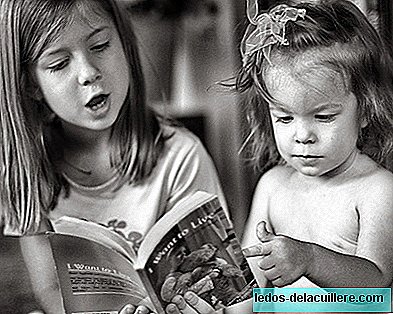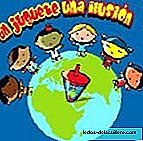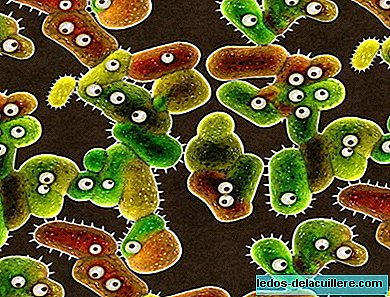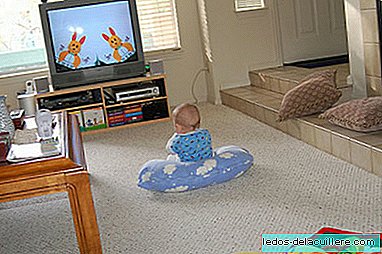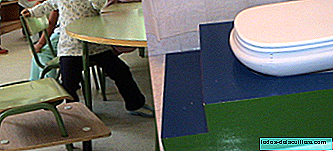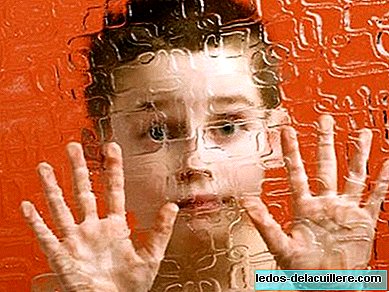
There are still many unknowns to know about autism, but if we want to consult its definition in the dictionary we will find changes soon. Families with autistic children are in luck because the Dictionary of the Royal Academy will modify the definition of "autism".
In the new definition, it would be eliminated that the syndrome is characterized by "the congenital inability to establish verbal and affective contact with people", which offends many families who defend that they maintain contact and communication "in a special way" with their sons.
At your own pace, in the new edition of 2014, the Academy will adapt its definition that is more happy for families and medical societies, qualifying autism as a
developmental disorder that affects communication and social interaction, characterized by restricted, repetitive and stereotyped behavior patterns.
They win a linguistic battle to defend their dignity, initiated by a group of families over three years ago with the Royal Spanish Academy. They argue that communication and affection are shown by autistic children in a special, different way.
It is a claim of several associations led by platforms such as "Against the myths of autism" or "autismodiario.org", which have focused on that idea: convincing the RAE that people with autism feel and communicate, and even many speak.
The most active and pioneers of the claim still do not think the update is correct and continue to request changes, in addition to being reported in the version on-line that the term is under revision. Others take advantage of the linguistic controversy, and open debates regarding the pejorative use, in colloquial language, of other diseases.
So far, families have gotten RAE's commitment to include a new definition of autism in the update of its printed edition that we can read in 2014; Of course, the new definition will have to be agreed with the remaining 21 Spanish Language Academies.




